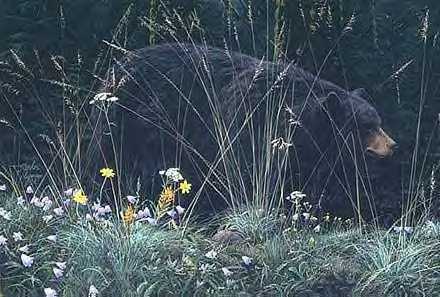|
UWS
student shows how weaving ties into Native American history
For
UW-Superior student Renee Lorence, what was supposed to be a two-month
stay with a Navajo family in the southwest turned into a six-month stay
and lesson in a very important tradition.
While
studying at a college in Vermont, Lorence participated in the Sterling
Western Program. She found herself wanting a "more traditional adventure"
and ended up living with a traditional Navajo family. A member of the
family taught her how to weave.
"About
50 Navajo words and four rugs later, I left," Lorence said. She has been
back to visit the family many times.
|
|
Artists
Exploring New Rhythm
After
mixing ancient American Indian music and dances with rap, hip-hop and
rave culture, two Indian artists have brought a new kind of tribal rhythm
and style into the 21st Century.
Known
as the Tekcno Pow wow artists, Bently Spang, a Northern Cheyenne, and
Bert Benally, a Navajo, have spent much of their lives searching for ways
to attack the stereotypical views of Indian people as being stoic, unemotional,
or one dimensional.
"We
want to show that the Indian of the future is cool and sexy," he
said.
Tekcno
Pow wow is a form of artwork that incorporates techno/rave-style performances
that features dancers, techno music, music-sensitive robotic elements,
and an interactive large-scale projected video.
|


![]()

![]()
![]()




